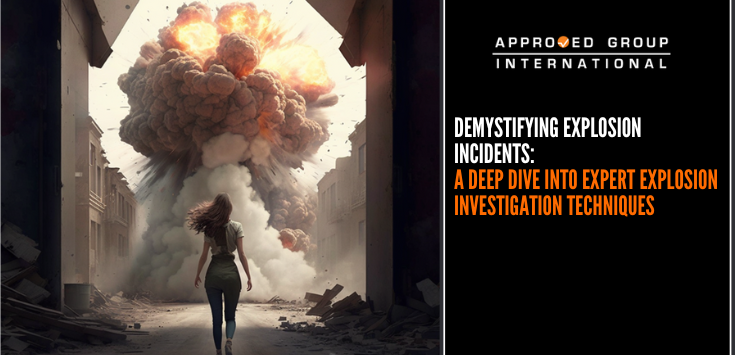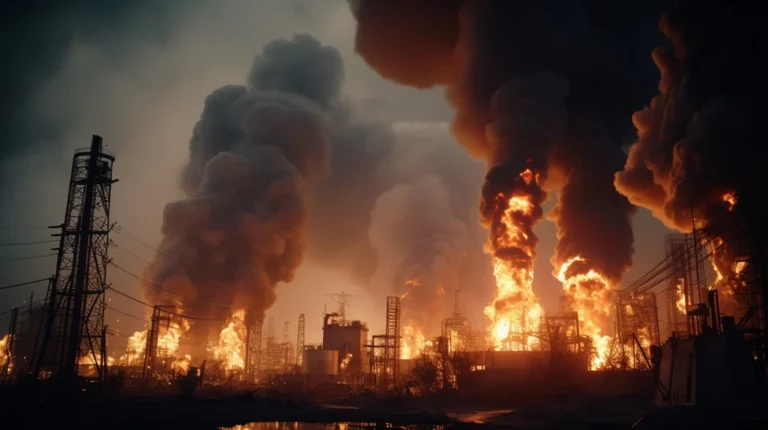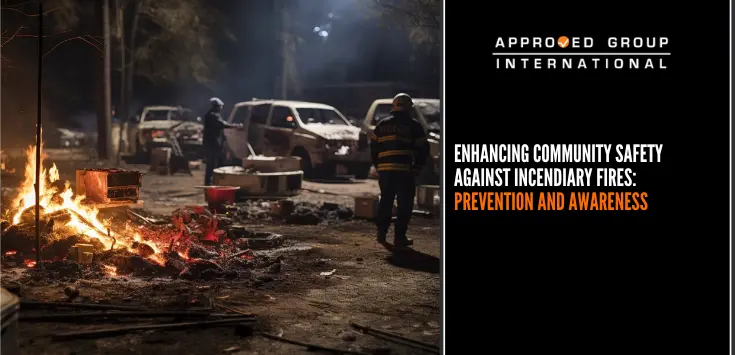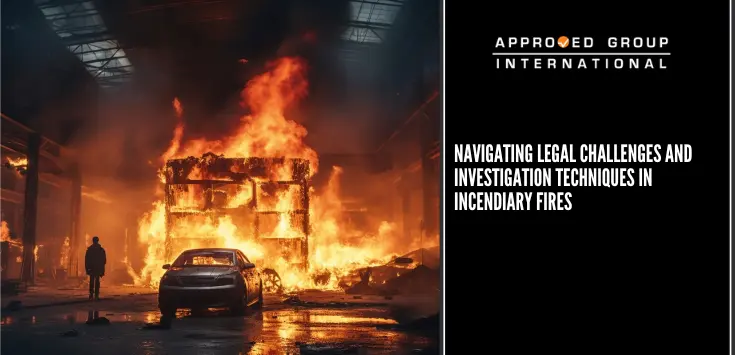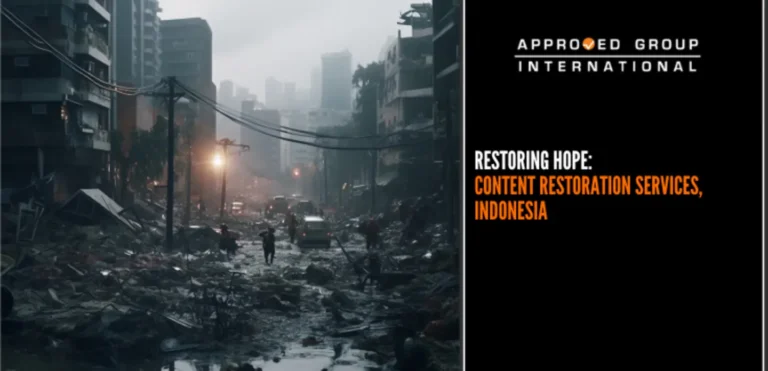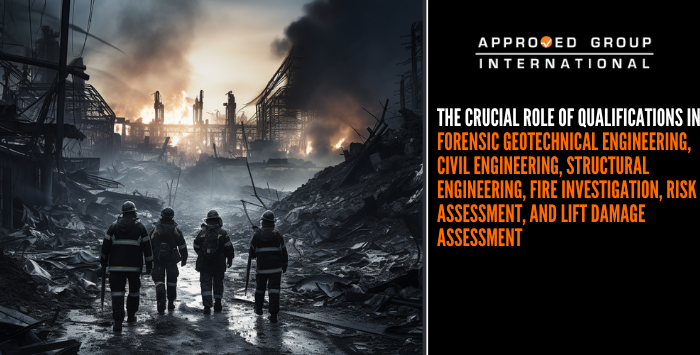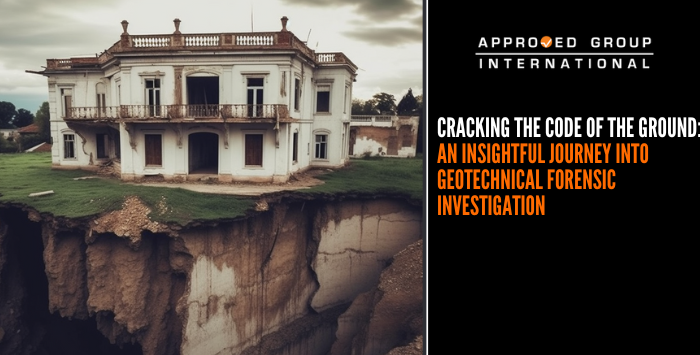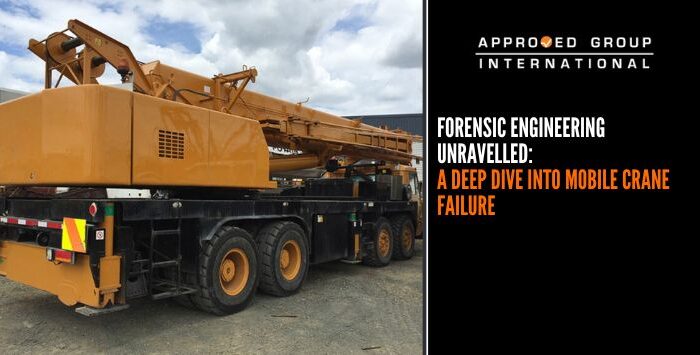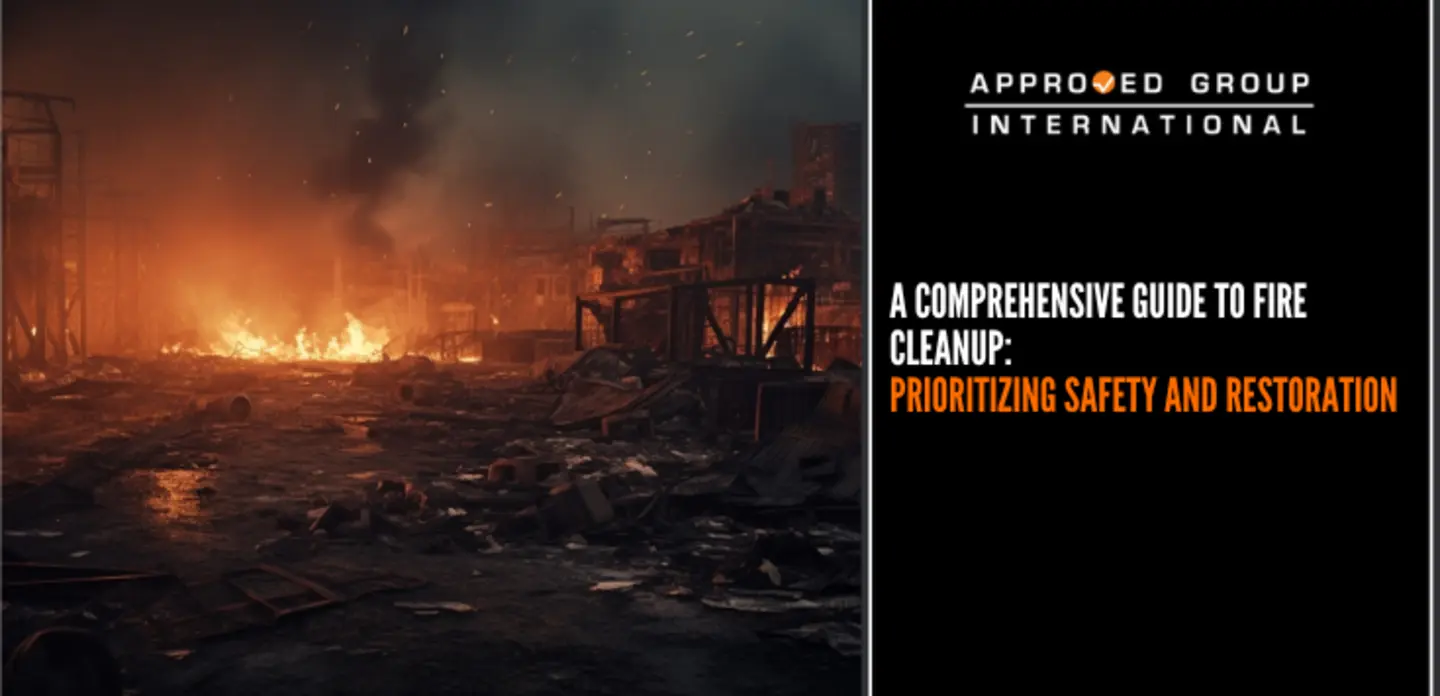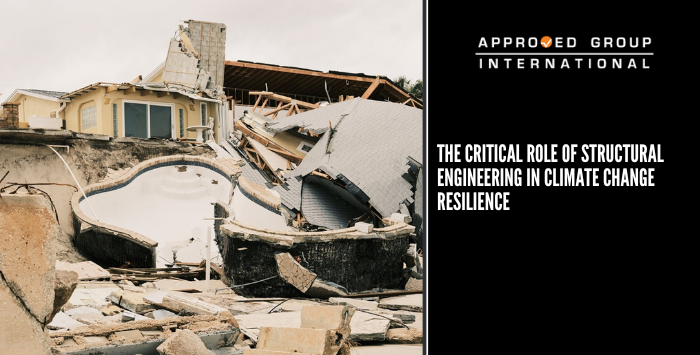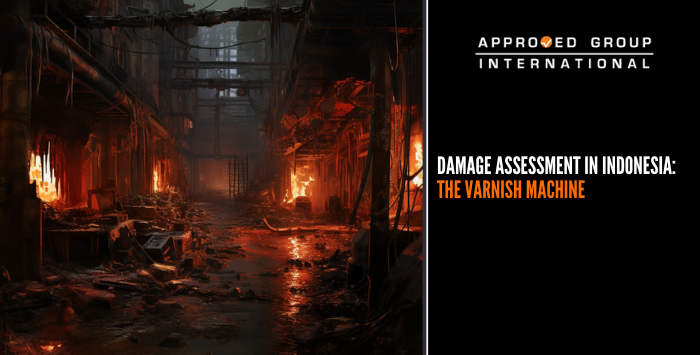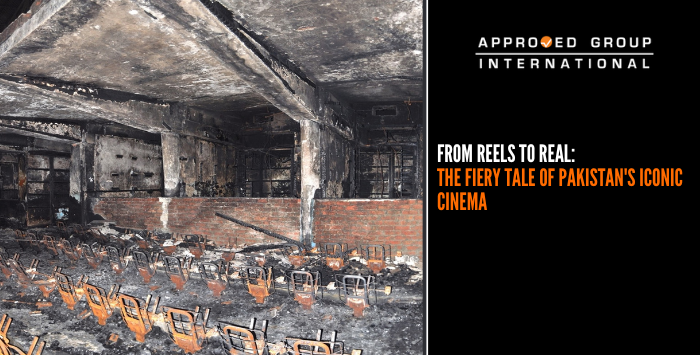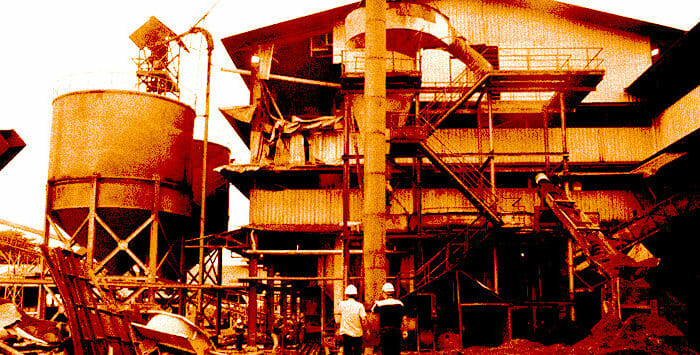Explosion incidents can wreak havoc, leading to significant loss of life and property. Unravelling the causes of these catastrophes is essential for improved safety and prevention of future occurrences. Explosion investigation is a challenging and specialized field that requires seasoned experts, a methodical approach, and advanced technology. In this engrossing blog, our adept professionals share insights into the explosion investigation process, common causes of explosions, and the importance of implementing safety measures to mitigate risks.
The Crucial Role of Explosion Investigation
Explosion investigation serves to shed light on the circumstances surrounding an explosion event. The primary objectives of explosion investigation are to:
- Identify the origin and cause of the explosion
- Determine whether the explosion was accidental or intentional
- Collect evidence to support insurance claims or legal proceedings
- Develop and implement safety regulations and guidelines to prevent future explosions
By uncovering the root cause of the explosion incident, skilled explosion investigators can provide critical information to prevent future catastrophes and enhance safety protocols in various sectors.
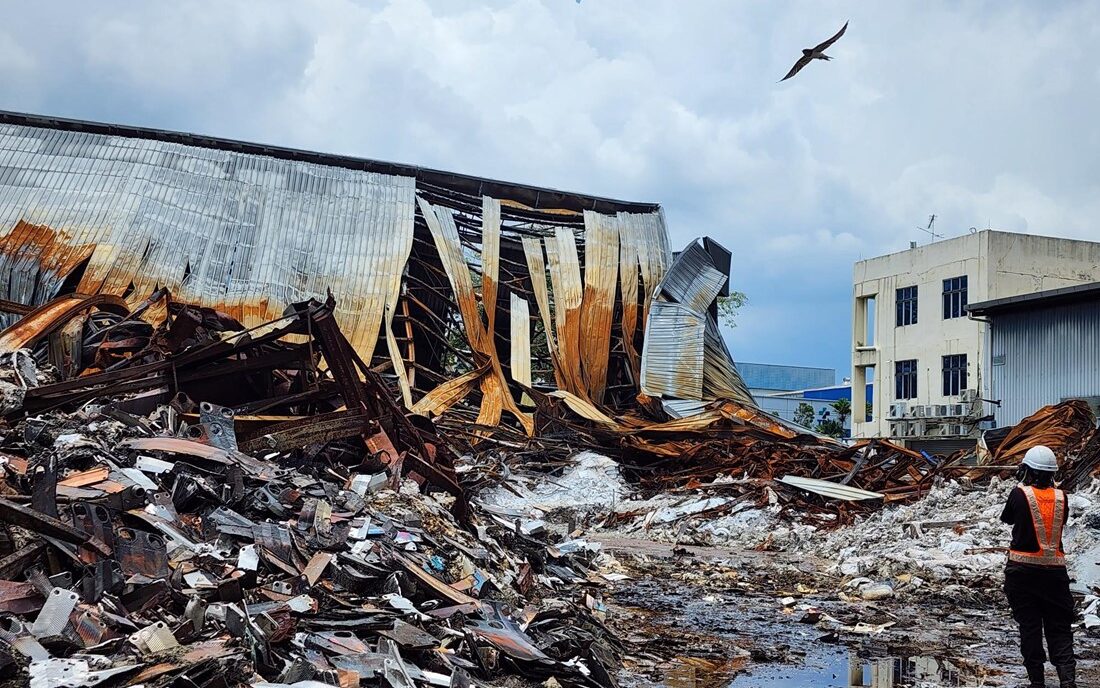
Methodologies and Technology in Explosion Investigation
Expert explosion investigators employ a combination of scientific principles, in-depth knowledge, and practical experience to establish the origin and cause of an explosion. Some of the key steps involved in an explosion investigation include:
Scene Examination: Investigators carefully assess the explosion site, documenting and preserving vital evidence, and analysing explosion patterns to identify the area of origin. Cause Analysis: After pinpointing the area of origin, investigators examine potential ignition sources and explosive materials to determine the cause of the explosion. Common causes include gas leaks, chemical reactions, and deliberate acts of sabotage.
Evidence Collection: Explosion investigators gather physical evidence, such as debris samples, damaged equipment, and traces of explosives, for further laboratory analysis.
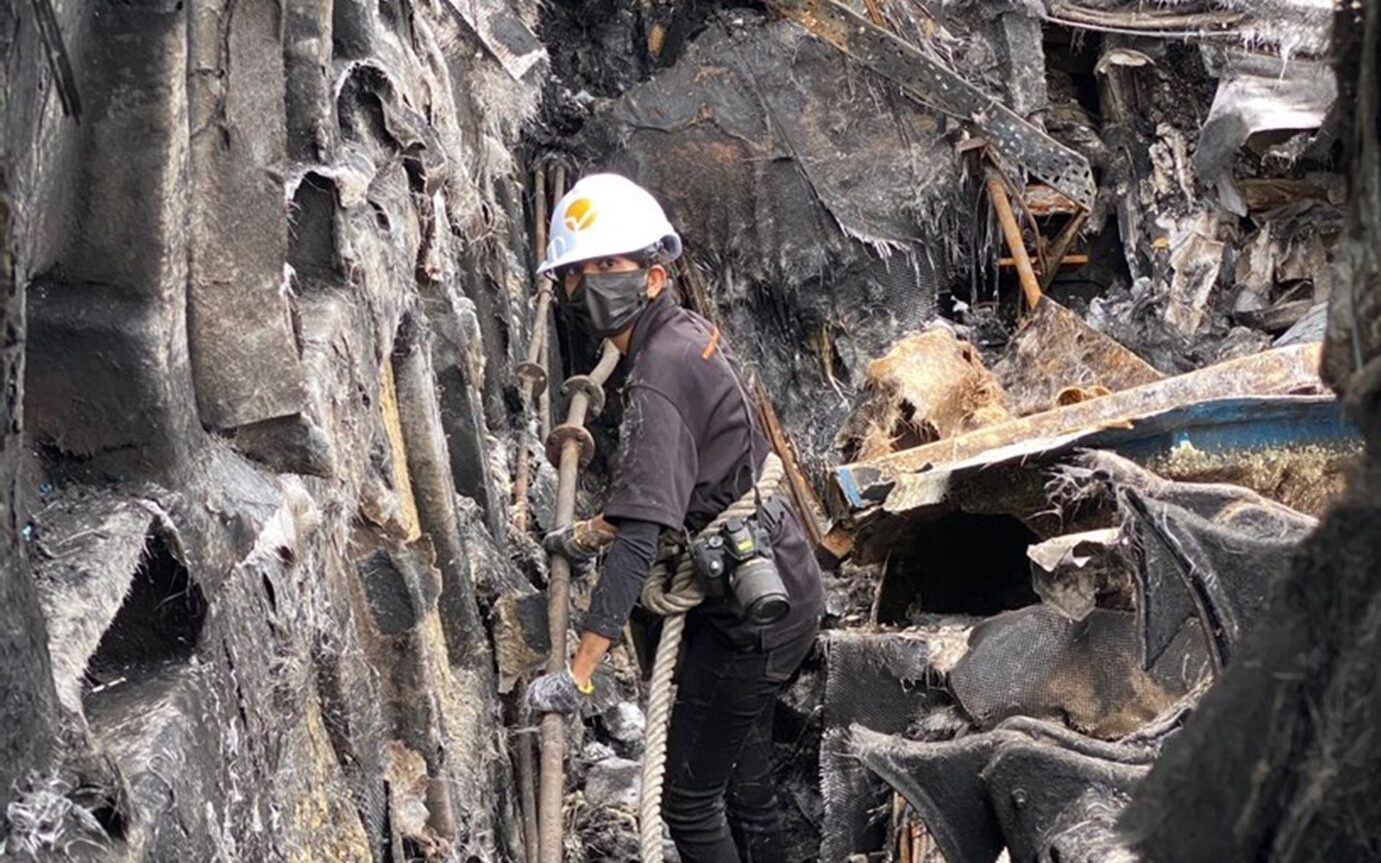
Interviews and Documentation: Investigators converse with witnesses, first responders, and site occupants to gather additional information about the incident. They also review site plans, maintenance records, and safety systems to gain a comprehensive understanding of the explosion.
Explosion investigators utilize advanced tools and technology to aid in their investigations, such as:
- 3D Scanners: These devices create intricate, precise 3D models of the explosion scene, enabling investigators to scrutinize and visualize the site in extraordinary detail.
- Blast Modelling Software: Specialized software programs help investigators simulate the explosion, analysing the pressure wave and its impact on structures and objects.
- Gas Chromatography-Mass Spectrometry (GC-MS): This laboratory technique analyses debris samples for traces of explosive residues, which can provide crucial information about the explosive materials involved in the incident.
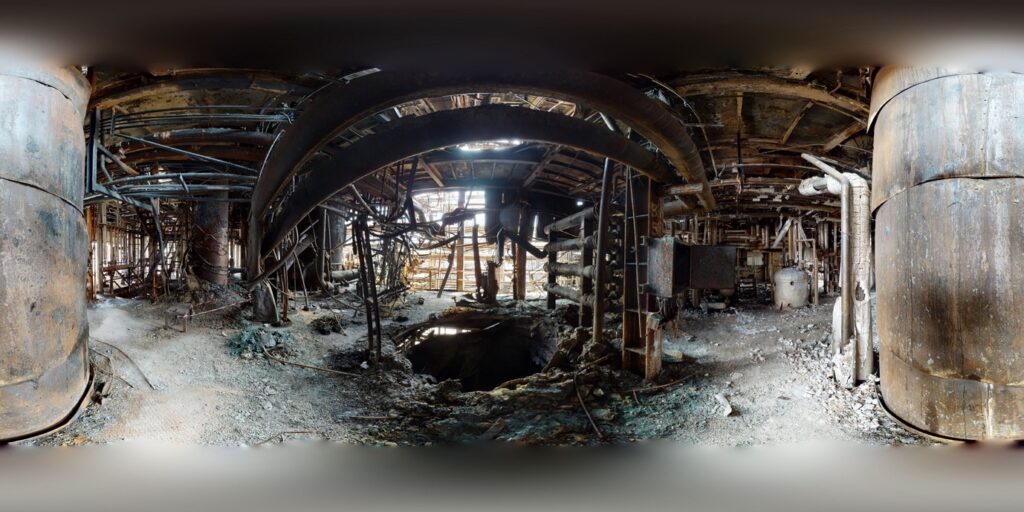
Explosion investigation is a vital process that helps us understand the factors contributing to explosion incidents, averts future catastrophes, and refines safety regulations. By collaborating with skilled explosion investigators and leveraging cutting-edge technology and methodologies, accurate determination of explosion causes and origins can be achieved, ultimately fostering safer and more resilient communities against explosion-related disasters.

